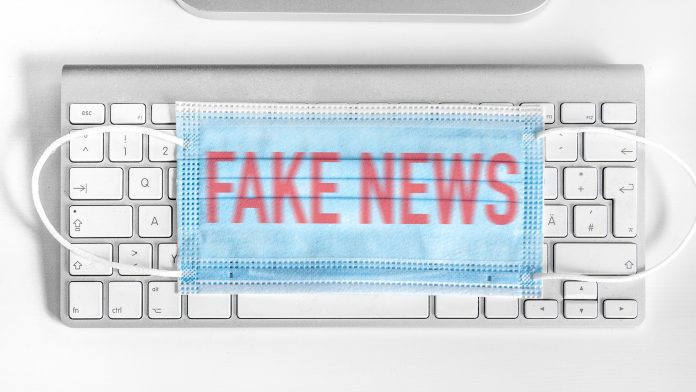
Using a cutting-edge Artificial Intelligence (AI) method, a team of researchers has identified that COVID-19 vaccine hesitancy is severely impacted by misinformation on social media.
A large portion of the population are hesitant or refuse to get vaccinated from COVID-19 as they do not trust vaccines and health authorities, despite the World Health Organization (WHO) naming vaccine hesitancy as one of the most significant global threats to public health. But what causes vaccine hesitancy? Novel research from DTU Compute suggests that misinformation on social media causes distrust and illustrates a false image about the effects and benefits of vaccines.
The DTU team developed an AI method to analyse 60 billion tweets from before the pandemic to determine the landscape of vaccine information on Twitter and comprehend the extent of vaccine hesitancy on social media. The complete study is published in PLOS One.
Bjarke Mønsted, one of the leaders of the research from DTU Compute, commented: “Where vaccine supporters often refer to news media and science sites when sharing knowledge about vaccines on Twitter, we can see that profiles belonging to anti-vaccine profiles far more often share links to YouTube videos and to sites that are known to spread fake news and conspiracy theories, which previous research has also shown.
“Furthermore, vaccine opponents profiles often link to commercial sites that sell alternative health products. This is surprising given that vaccine hesitancy often stems from a fear of financial conflicts of interest. Particularly because previous research has shown that 12 people globally are responsible for vaccine misinformation, including people who earn a fortune from the sale of alternative health products.”
Social media misinformation
To conduct their investigation, the researchers employed deep learning and natural language processing methods to teach a computer to determine which views on vaccines were expressed in tweets. Their innovative process then identified users who expressed strong opinions in favour of (provaxx) or against vaccines (antivaxx) and found the sources from which the profiles shared their vaccine information. The results showed that 22.5% of antivaxx profiles’ vaccine tweets linked to YouTube videos.
Next, the team assigned the sources into five groups: sites known for sharing pseudoscience and conspiracy theories, news sites, social media, YouTube (which was given its own category due to a large number of links), commercial sites relating to medicine and health.
The results showed an echo chamber effect that makes it challenging for vaccine advocates and opponents to see each other’s views on the internet due to social media algorithms ensuring that people interact with others with similar opinions to their own.
“In fact, we discovered that the sources of information, which people are exposed to in their social networks, depend heavily on their own attitudes towards vaccines. The more resistance to vaccines a user expressed, the further from the norm was the media picture they were exposed to from their circle of friends,” said Bjarke Mønsted.
Combatting vaccine hesitancy
The researchers said that if health authorities want to boost support for vaccines, then tech giants and media outlets need to implement changes to combat misinformation.
“Research clearly shows that combatting misinformation is a joint responsibility. It is important that media outlets do not create a false balance between views giving equal, or maybe even more, airtime to anti-vaccine arguments that are not substantiated by the scientific literature. Media should not portray medical information and misinformation as equivalent views,” explained Bjarke Mønsted.
The team hope that their AI method can help to obtain a clearer understanding of the vaccine discussion during the pandemic and moving forward.
Sune Lehmann, a Professor from the Research Section for Cognitive Systems at DTU Compute, said: “Our research covers the period before COVID-19. And there is no doubt that vaccines have become a talking point in a whole new way in the last two years. It has gained a lot of attending and been overturned in a completely new way in the last two years. Vaccines have gone from being a topic that was primarily discussed among particular population groups to becoming a markedly more mainstream topic. Therefore, the exciting challenge going forward will be to use our methodological innovations to understand whether—and how—this shift has changed the discussion and the various actors’ motives.”
























